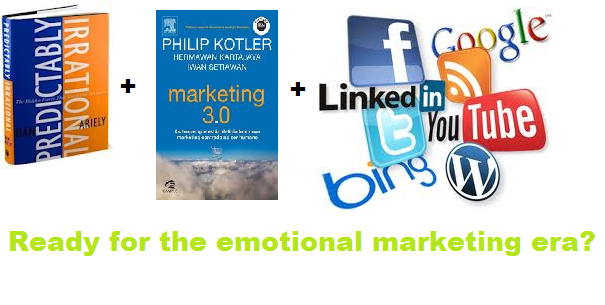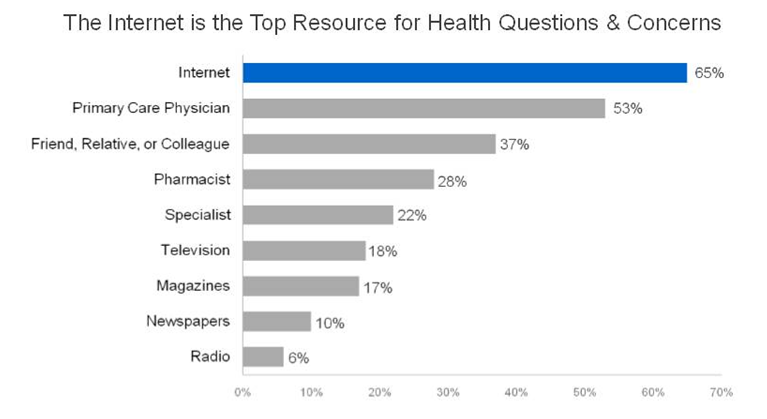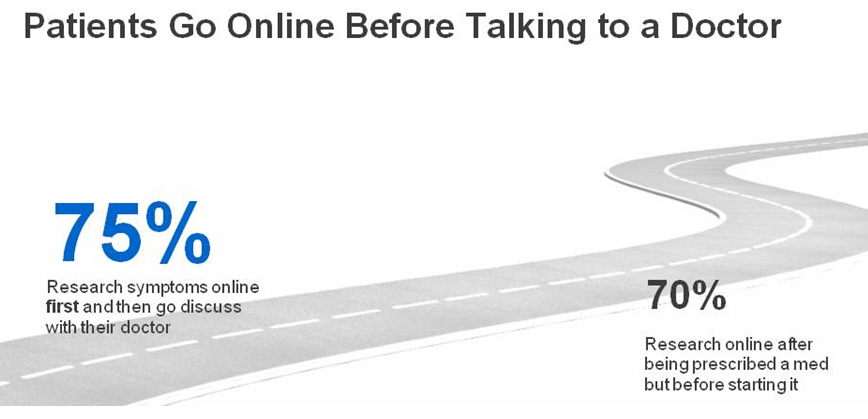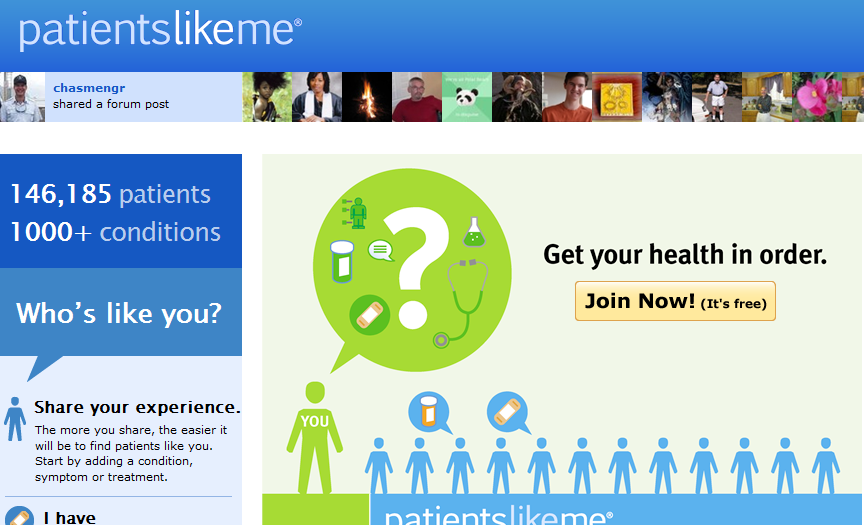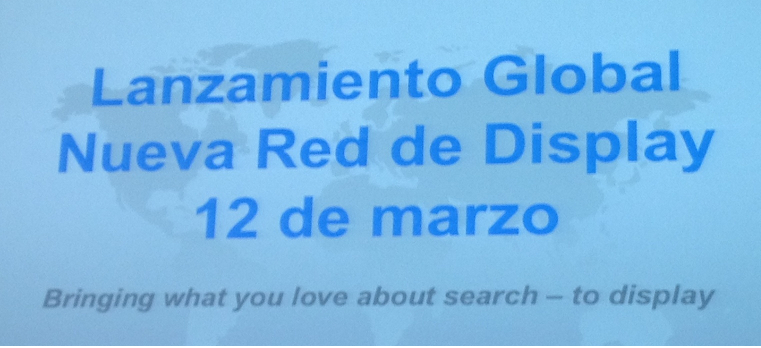Emotional Marketing
Data: 12/09/12 · Professional
 Sigues el primer en comentar
Tweet
Sigues el primer en comentar
Tweet
When you read reputed authors like Dan Ariely with his Predictably Irrational or Philip Kotler with his latest book Marketing 3.0 talking about values and sentiments I wonder if we should start working in a new type of marketing, that one that work the irrational and emotional part of the human beigns.
Advertisers from all the world already did know that, in fact since a long time ads try to reach that emotional point of no return to send people to buy the product shown asap while that emotional flame is alive.
Here the key question is how to keep emotional flame alive as long as possible, what also is somehow called “engagement”, a difficult word to measure with clear KPIs (since when and until when someone is engaged and why?).
What seems clear is that today’s marketing needs to focus on that part, on the irrational and emotional part of the human decision-making process that leads to specific behaviours.
The understanding of emotions (feelings) and their effect on reasons (thoughts) will reveal tone but more importantly they reveal what will drive behavior and how behavioral change can be facilitated.
With that in mind, and mixing some Ariely’s behaviour irrationality and some Kotler’s spirit and values seems that we have a new marketing in front of us, more human based in terms of understanding the (ancient and basic) human principles. Furthermore, if we add to this the Social Media framework as a new relationship channel, we really have in front of us a new marketing compared with the classical one.
To me that are very good news. On one hand because seems that corporations will need to adapt soon or later to a new way to understand their relation with customer’s, treating them not as numbers but again as persons, people with feelings.
On other hand, because it will (I hope) remove bad marketing practices and price will not (always) will be the king in the marketing offers and messages.
Let’s then work a more emotional marketing (and may be irrational) but more customer centric and friendly, based not in the short term but a long term relationship. Let’s try to go from customers to friends and believers.




